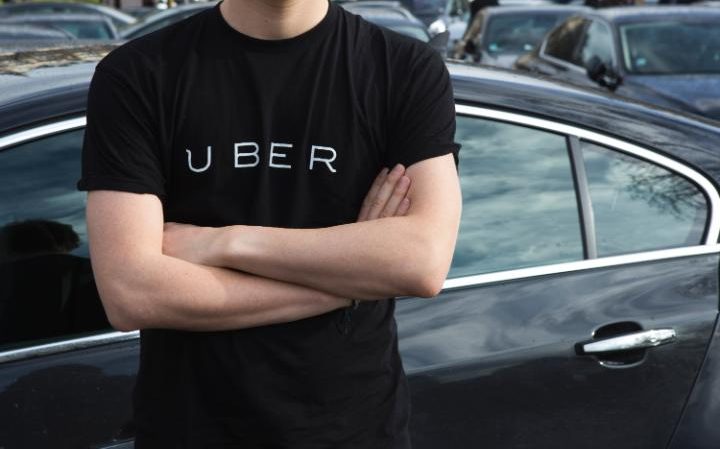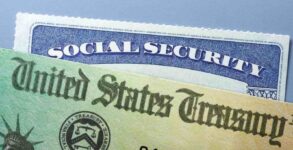Uber may have to grant its drivers basic employment rights such as the National Minimum Wage and holiday pay after it lost a London tribunal over the treatment of its drivers.
The ride-hailing app has vowed to appeal the decision, which threatens to destabilise the company’s business model.
The case was brought by the GMB trade union following claims that Uber had disregarded its drivers’ basic employment rights.
The legal action, which started over a year ago, alleged that Uber failed to ensure its drivers were paid the minimum wage or that they received the minimum amount of paid holiday.
The company has always maintained that its drivers are self-employed contractors rather than permanent employees, which means they are entitled to different benefits.
But the tribunal disagreed, saying: “It is, in our opinion, unreal to deny that Uber is in business as a supplier of transportation services.”
The ruling also hit out at what it claimed were the company’s attempt to consistently counter the drivers’ arguments, quoting Shakespeare’s Hamlet, saying: “The lady doth protest too much, methinks.”
Uber, which works with more than 40,000 drivers in the UK, insists that it is a technology company that facilitates independent drivers connecting with passengers, as opposed to being a traditional taxi company.
But an employment tribunal today ruled that the two drivers at the centre of the GMB’s case are in fact employees, rather than contractors.
Solicitor Alex Bearman, partner at Russell-Cooke, said the ruling was bad news for the company and others operating in the so-called “gig economy”.
“The company now faces having to fund costly benefits for its drivers such as holiday pay, sick pay and pension contributions. It is possible that it will look to do so by increasing the percentage of each fare that it keeps as commission,” said Mr Bearman.
Sam Dumitriu, of the Adam Smith Institute, agreed that the decision could result in price rises for Uber passengers. “Consumers will see prices rise and a less stable, predictable service,” he said. “And this doesn’t just hit Uber. It threatens other new business models like Deliveroo and Amazon Prime Now.”
Nigel Mackay from the law firm Leigh Day, which represented the drivers, said: “We are delighted that the Employment Tribunal has found in favour of our clients.
“This judgment acknowledges the central contribution that Uber’s drivers have made to Uber’s success by confirming that its drivers are not self-employed but that they work for Uber as part of the company’s business.
“Uber drivers often work very long hours just to earn enough to cover their basic living costs. It is the work carried out by these drivers that has allowed Uber to become the multibillion-dollar global corporation it is.”
Maria Ludkin, legal director of the GMB trade union, which backed the drivers, described it as a “monumental victory”.
“This will have a hugely positive impact on over 30,000 drivers in London and across England and Wales and for thousands more in other industries where bogus self-employment is rife,” she said.
Jo Bertram, regional general manager of Uber in the UK, confirmed that the company would appeal the decision.
“Tens of thousands of people in London drive with Uber precisely because they want to be self-employed and their own boss,” she said.
“The overwhelming majority of drivers who use the Uber app want to keep the freedom and flexibility of being able to drive when and where they want. While the decision of this preliminary hearing only affects two people we will be appealing it.”
A spokesman for the Department of Business, Energy and Industrial strategy said: ““The Government is committed to building an economy that works for all. We are keen to ensure our employment rules keep up to date to reflect new ways of working, and that’s why the Government has asked Matthew Taylor to conduct an independent review into modern working practices.”
The tribunal heard from two Uber drivers who insisted that the company should guarantee the national minimum wage and holiday pay. James Farrar, one of the drivers, said that he had earned far less than the legal requirement during the hours that he had worked.
“They claim that, based on the total number of hours logged into the app, I have been paid £13.77 on an average hourly basis,” Mr Farrar, who has been an Uber driver since 2014, wrote in a witness statement. “I calculated my net earnings for August 2015 after the expenses I set off and they came to £5.03 an hour.”
The minimum wage at the time was £6.70 an hour. Uber’s lawyer said that in that month Mr Farrar had spent a long time logged into the app but had not accepted, or had cancelled, more jobs than normal, thereby reducing his hourly pay.


















